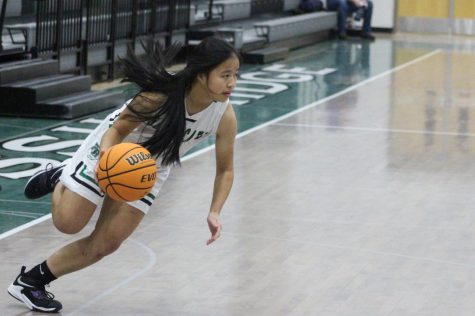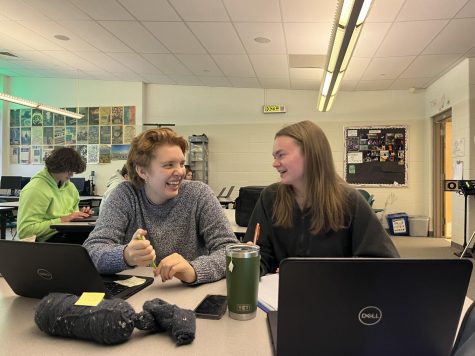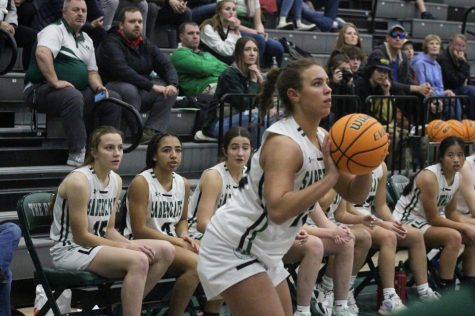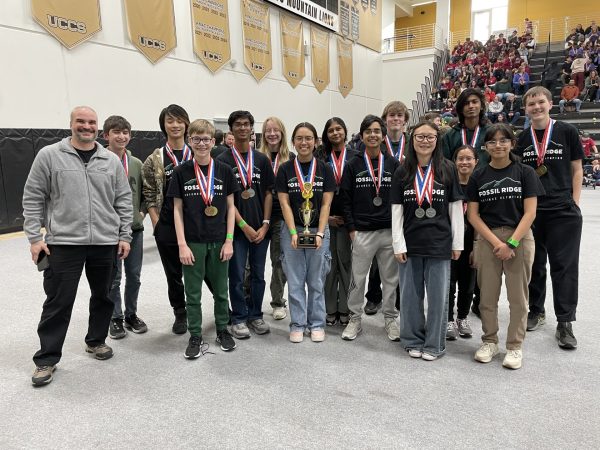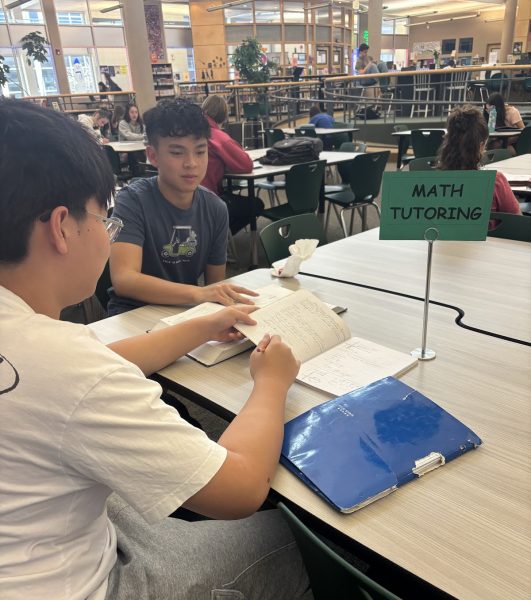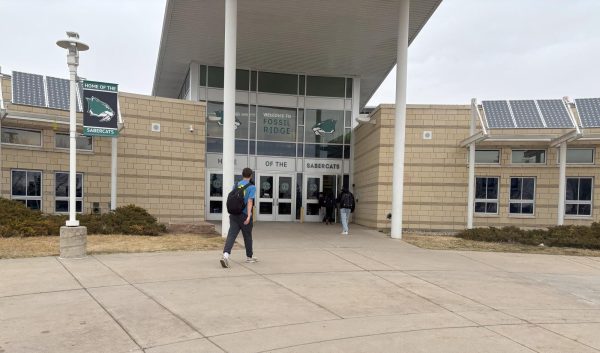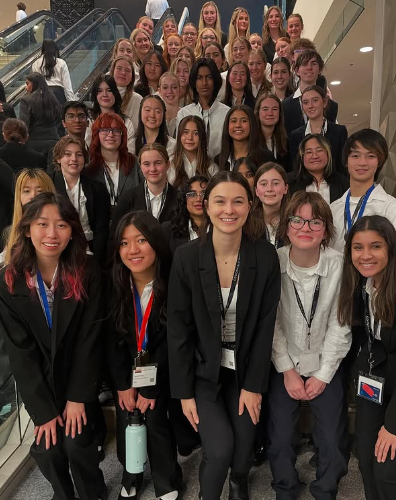Fossil celebrates Black History Month with ‘Learn at Lunch’ presentations
All throughout Black History Month, Fossil’s social studies department hosted a multitude of presentations highlighting the stories and lives of prominent black people and their influence on history.
Over the past 52 years, the United States has celebrated February as Black History Month, an annual celebration of the achievements and central role of black people throughout history. The idea stemmed from historian Carter G. Woodson and other prominent black Americans, who originally set aside a week of observance which later extended to the month that is celebrated now.
This month, the Fossil Ridge High School social studies department hosted a variety of presentations that honored some of the most prolific and influential figures in black history. Every Tuesday and Thursday throughout the entire month, different social studies teachers presented the stories of different black history figures during lunch in room W104.
Dan Rypma, co-department chair of the social studies department, originally came up with the idea to host the presentations. He and his fellow co-chair, Lisa Plank, have made a large effort to bring more awareness and recognition to historical and cultural markers like Black History Month.
“He has worked hard to publicize Hispanic Heritage Month, Native American Heritage Month, Black History Month, and Women’s History Month next month,” elaborated Plank. In honor of Black History Month, Rypma joined up with Fossil’s Black Student Union in order to put on the ‘Learn at Lunch’ presentation series. Rypma and Plank hoped that these presentations would help reinforce the idea that this is a month-long celebration while bringing awareness to a few of the significant stories throughout black history.
They touched on a variety of topics through each person that was covered, like slave rebellions, psychology, and activism throughout the Civil Rights movement. Over the span of the month, they presented the lives and stories of Frederick Douglass, Ona Judge, Denmark Vesey, Gabriel Prosser, Nat Turner, Mamie and Kenneth Clark, and Desmond Tutu.
“We wanted to present about ‘the life’ of someone. To tell the story about the life of someone in history who may not be well known,” explained Plank, who presented on the lives and slave rebellions of Denmark Vesey, Gabriel Prosser, and Nat Turner. “All of those people had varied backgrounds, lived through different eras, and had numerous accomplishments and contributions to their communities. Most of them are probably not well known by students too,” she said.

Plank was excited to get to share these stories with Fossil students and thought that this would be an amazing opportunity to recognize some important figures throughout history and further support and bring awareness to Black history. “I volunteered to present because I wanted to support our department initiative and I have been a student of Black history for most of my academic life. I felt like it was an area that I have knowledge and interest in and could contribute to.”
While the presentations have concluded for the month, Plank and Rypma are hopeful for the future, expressing their desire to continue the tradition for Black History Month in future years. They even want to try to do other school-wide recognition activities for other topics, and Plank explained that they would “love to hear from any other school groups who have suggestions or would want to team up with the social studies department in the future.” They look forward to continuing their efforts across the school so that Fossil students can become more informed about a variety of important topics like these in the future.
Your donation will support the student journalists of Fossil Ridge High School. Your contribution will allow us to purchase equipment and cover our annual website hosting costs.
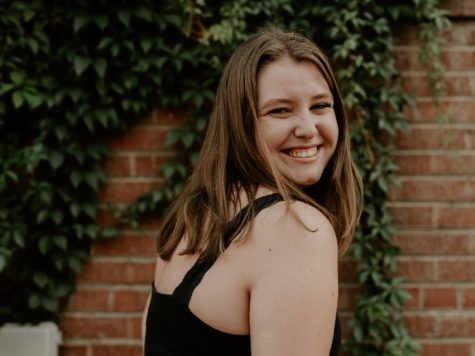
Melissa May, a senior, is ecstatic to be starting her fourth year as an Etched in Stone staff member. She is excited to be back writing for the newspaper and is optimistic heading into the semester despite the unusual circumstances. She is thrilled to take on the role of Editor in Chief alongside Caroline...




